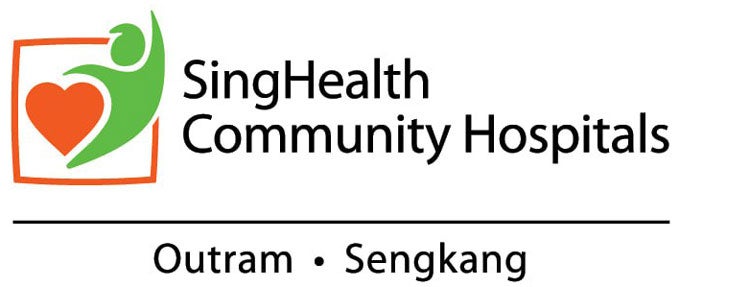SingHealth Community Hospitals will NEVER ask you to transfer money over a call. If in doubt, call the 24/7 ScamShield helpline at 1799, or visit the ScamShield website at www.scamshield.gov.sg.
Pharmacist With a Passion

Allied Health Professionals form an integral part of the care team at SCH. In conjunction with Allied Health Day 2022, we speak to three of our SCH Allied Health Professionals (AHPs) who give us a glimpse into what being an AHP means to them.
People not prescriptions
Many think that the job of a pharmacist is simply to dispense medications behind the counters but OCH Senior Pharmacist Keith Lee was quick to dismiss this myth.
He shared, "Most of my day is spent with my patients or communicating with our doctors and nurses to make sure that we achieve the best patient outcomes!"
A typical day at work for Keith starts with meeting newly admitted patients, assessing their health conditions and reviewing their medications. This allows him to optimise their medication by supplementing the current list or cutting medications that may not be necessary.
For patients about to be discharged, Keith would provide bedside medication counselling and advice. This is especially important for patients with chronic health conditions like diabetes and high blood pressure. "Equipping them with key information can make a big difference to patients’ health outcomes and sense of control," said Keith.
Empowering patients
It is this element of empowering patients to take charge of their own health that motivates Keith at work. Having been a pharmacist for 7 years and counting – at Changi General Hospital before joining SCH last year – Keith continues to find satisfaction in his work, especially because he has a passion in teaching and helping others.
"Through patient counselling, I have multiple opportunities to share my knowledge and help someone achieve a better quality of life," he said. "There is an indescribable sense of fulfilment when patients or caregivers understand their medications better and appreciate the work of pharmacists."
A village to care for a patient
After all, besides working with patients, Keith often interact with caregivers too. To help them support their loved ones, Keith addresses common medication issues with caregivers, including polypharmacy (concurrent use of five or more medications daily), disease management as well as medication compliance.
In addition, he would go through the names, indications and common side effects of medications. As some medications do not come in pill form or require some preparation, he would also educate caregivers on the right way of administration so that they feel confident of doing it for the patient after discharge.
Another important group of people he works with is undoubtedly his clinical colleagues. Keith shared that continuity of care is best when clinical teams collaborate effectively together. Besides partnering doctors, nurses and other AHPs in the wards, he sits on multidisciplinary workgroups such as the Medication Safety Workgroup and Antimicrobial Stewardship Programme*. These workgroups give him a chance to contribute to promoting patient safety and improved antibiotic use.
Always valuing the chance to work in one big team, Keith said: "Communication and collaboration help to keep us open-minded, allow us to see issues through each other’s lens and pave the way in delivering quality patient care."
All for Patient Safety! Under the Antimicrobial Stewardship Programme, the team reviews and improves patients’ use of antibiotics. This helps to optimise patient’s health outcomes while minimising unintended consequences of antimicrobial use, and combat antibiotic resistance. |
Keep Healthy With
@2025 SingHealth Group. All Rights Reserved.
















